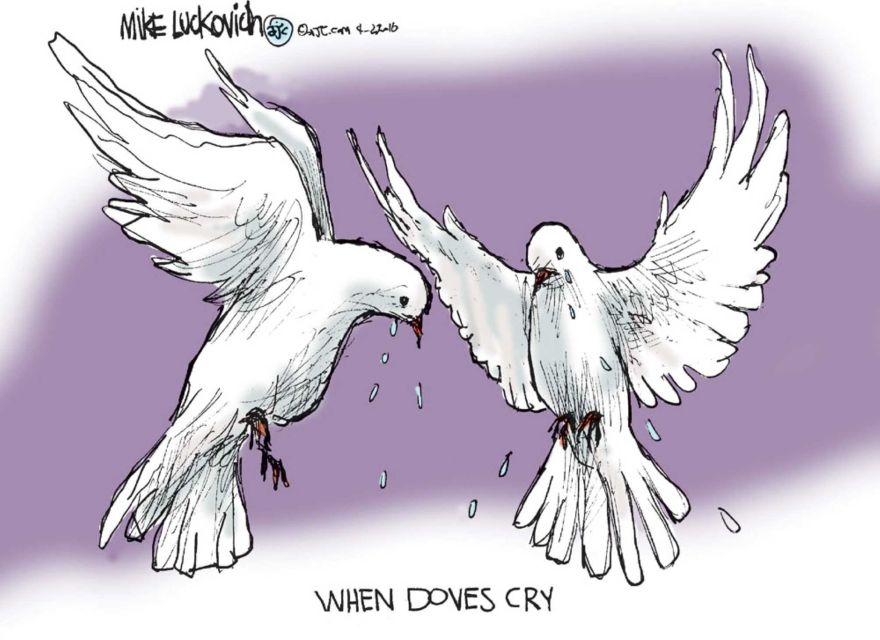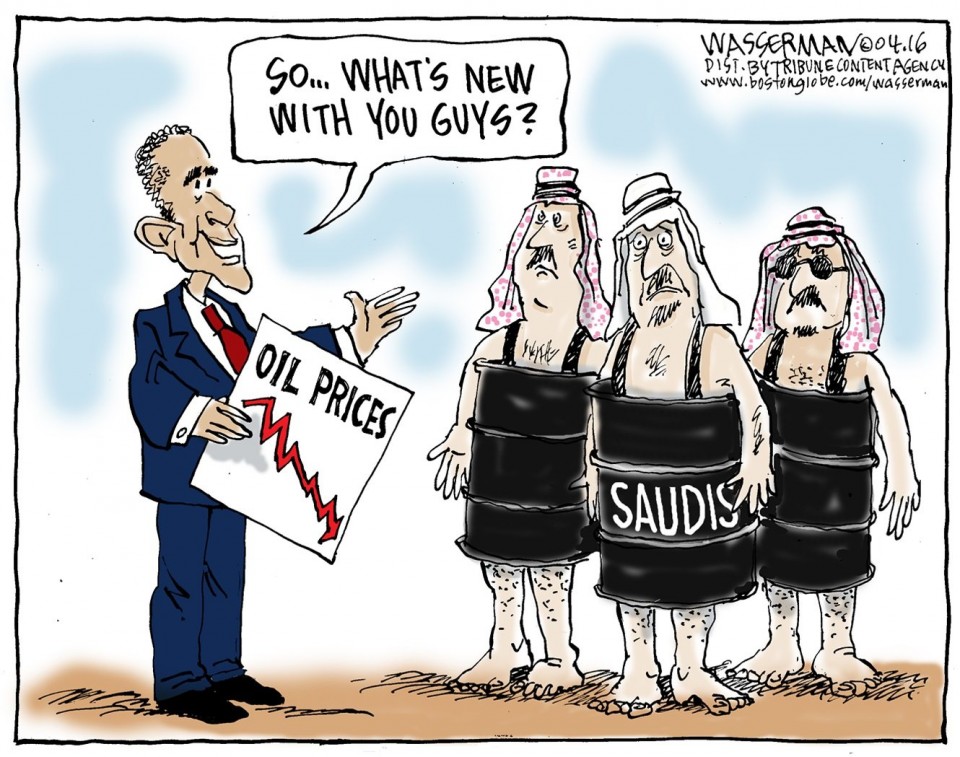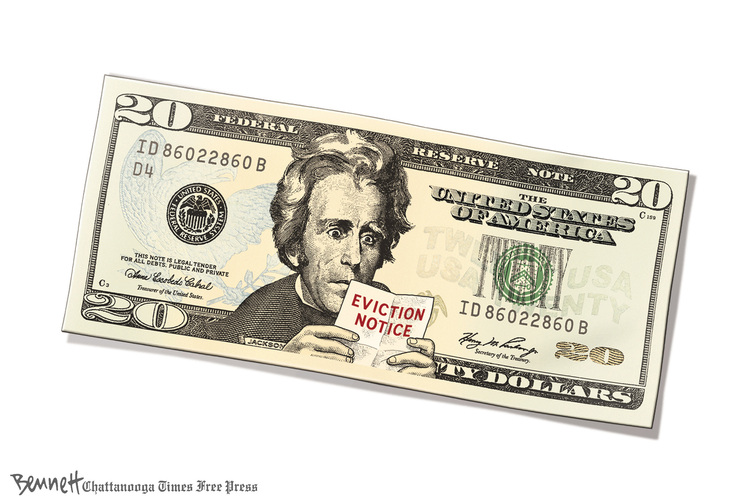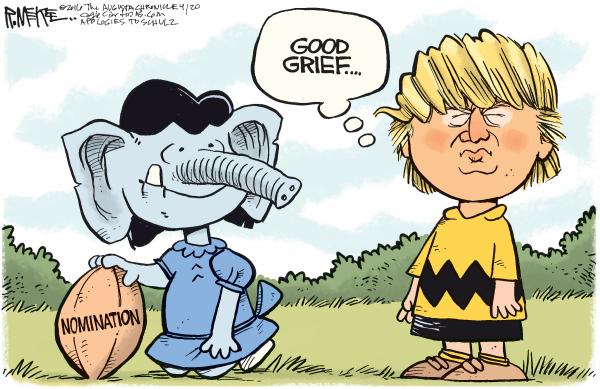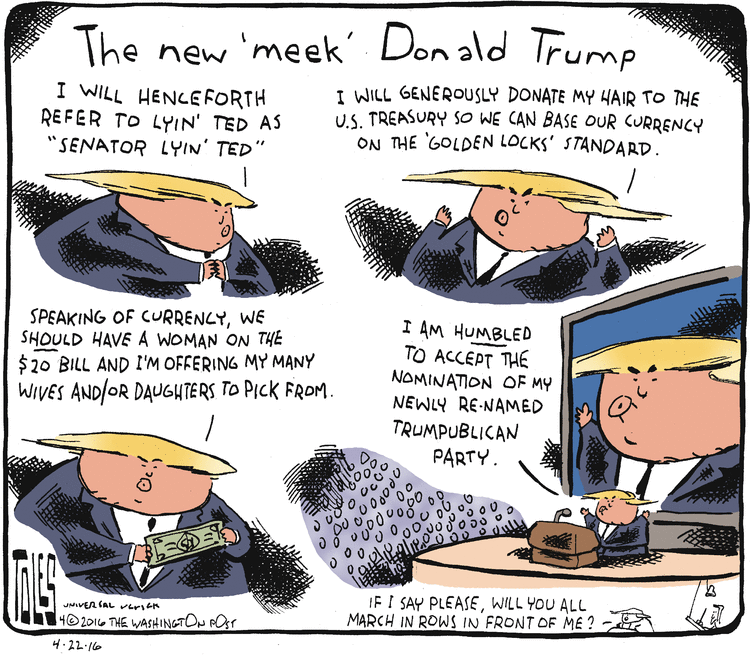President Trump has hung a portrait of Andrew Jackson in the oval office. Several of Trump’s spokespeople have heaped praise on Jackson, so Trump has picked Old Hickory as his populist role model.
Really? Did anyone on Trump’s staff even read the Cliffs Notes about Andrew Jackson? Here is the surface view:
A presidential candidate who strikes a wide range of observers, including leaders of his own party, as dangerously abrasive, arrogant, and racist. Partly because of those qualities, the candidate appeals stylistically to common-man voters who feel threatened by change, despite his being one of the super-rich himself. While this is Donald Trump in 2016, it also describes Andrew Jackson in the 1820s.
According to Benjamin Studebaker, when Jackson was elected, the accepted view was America needed strong economic growth to compete with Europe. Most thought the country needed to be industrialized quickly to turn us into an independent power. Tariffs should protect infant American industries from their established British competitors. Infrastructure investments should be directed towards transportation.
Jackson was uninterested in industrialization. He won the election because of slaveholding, agricultural states. The southern states had not industrialized, and they hated tariffs. Tariffs made British manufactured goods expensive, and made the price of Southern cotton uncompetitive. South Carolina attempted to nullify the tariffs, which led to tough talk and threats by Jackson to invade. But, ultimately, he signed legislation to reduce the South’s tariffs.
At the time, Jackson was praised for averting a violent confrontation, but his compromise left the issue of nullification unresolved. This eventually led to our Civil War.
The Second Bank of the United States (created by John Q. Adams, Jackson’s predecessor), was designed to stabilize prices and facilitate commerce. Jackson refused to renew the charter of the Second Bank of the US. Public monies were then directed to state banks, called “pet banks” since they were located in states that were Jackson’s core base of support. This deprived the industrial northeast of the investment funds it needed to grow.
The favored state banks began lending the new money feverishly, inflating land prices, and exposing the banks to undue risk.
Jackson blamed the resulting inflation on paper money, so he issued the “Specie Circular”, an executive order requiring all land purchases from the federal government to be made in gold and silver. This destroyed the value of the country’s paper currency, causing land prices to crash.
Executive orders can come back to bite you, Donald.
There is supreme irony that Jackson waged war on the Second Bank of United States, but he is on our $20 bill. Jackson found support for his economy policies among white men who felt threatened by changing from an agrarian to an industrial economy. But his war on the Bank, and the Democrats’ commitment to limited federal government helped propel the country into a four-year depression after the Panic of 1837.
Jackson created the spoils system. Thereafter, newly elected presidents would purge the civil service and hand out government jobs to friends, supporters, and even relatives. Jackson fired 10% of the federal workforce, replacing experienced hands with his buddies and lackeys. This practice continued for decades, ensuring that the federal government was consistently full of incompetents.
Jackson drained the swamp, and then recharged it with camp followers. Just like Trump!
Many on the right revere Jackson for the same reason they admire Donald Trump – he acts like a badass. Jackson killed people in duels. He spoke his mind. He may have rolled over on tariffs, but he used the word “treason” to describe South Carolina before he compromised. That made him seem tough.
The Right lets Jackson’s tough manner obscure the reality, that often he had little notion of the consequences of his actions. He sank the country’s economy for a decade, and handed its civil service over to generations of mismanagement.
A reappraisal of Jackson’s presidency forces us to look at the now-infamous policy of Indian Removal, whereby Jackson approved the confiscation of Native lands and then forcibly evicted them to the far West. He ignored John Marshall’s Supreme Court ruling that his Removal policy was unconstitutional.
He thought those in the abolitionist movement were traitors. His Postmaster General suppressed their mailings, and his party passed the Gag Rule in 1836 suppressing all antislavery petitions and discussion in Congress.
Trump’s new Gag Rule on Abortion limits the funding of global family planning providers if in any aspect of their work, they recommend, discuss, or even mention abortions to clients.
In most ways, it’s a fool’s errand to compare Trump to Andrew Jackson. Although there are gross similarities, Trump isn’t Jackson. Jackson was a military hero, but a failure at national policy. Trump has no heroic resume, and the jury is out on the success of his national policy.
For one thing, Trump confuses military school with military service.

